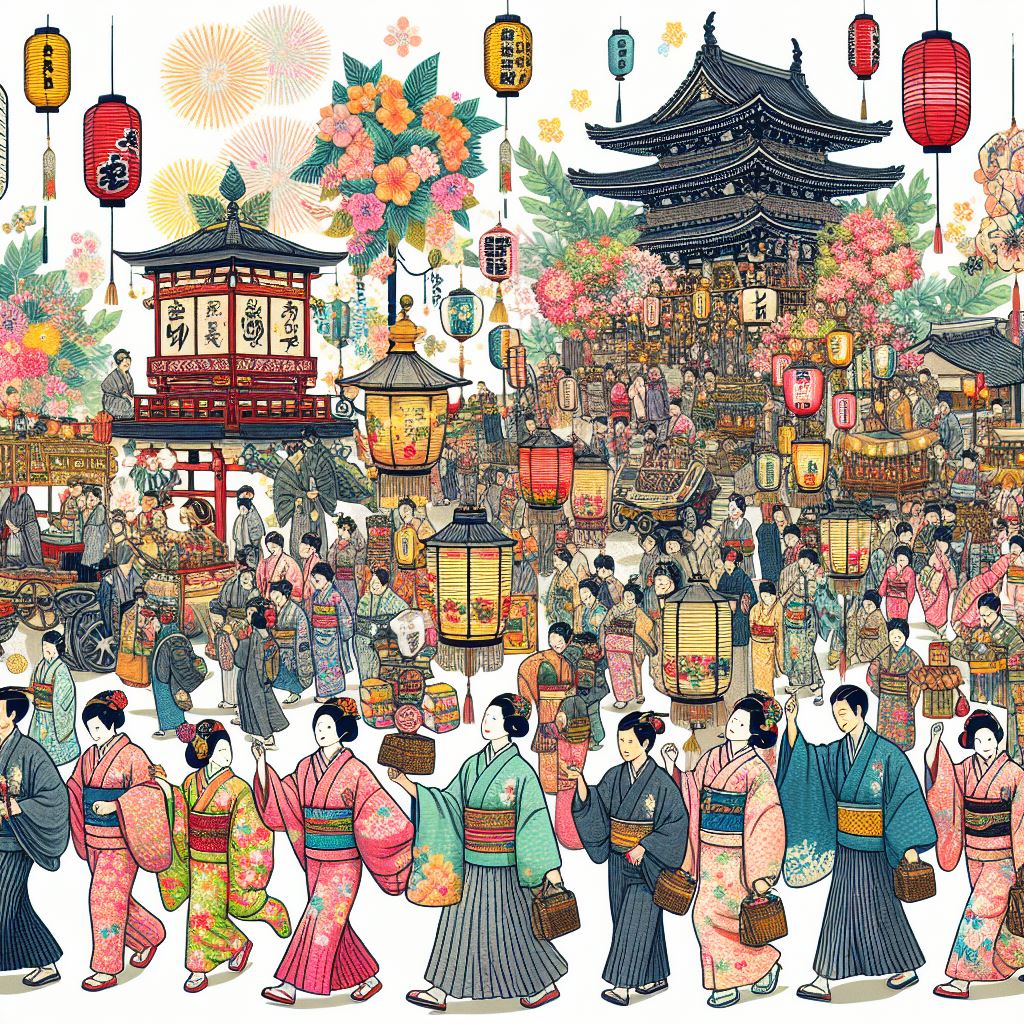Japanese dramas offer a captivating window into the rich tapestry of Japanese culture, showcasing traditional customs, festivals, and societal norms that define the country's heritage. Let's delve into how these dramas beautifully depict Japanese traditions, bringing cultural depth to the small screen.
1. Traditional Customs and Etiquette
Japanese dramas often highlight various aspects of traditional customs and etiquette that are deeply ingrained in Japanese society. From bowing as a sign of respect to the meticulous tea ceremony, these dramas depict the nuances of everyday interactions that reflect Japanese values of politeness and consideration.
2. Seasonal Festivals and Celebrations
Festivals play a significant role in Japanese culture, and dramas frequently feature vibrant depictions of seasonal festivals such as cherry blossom viewing (hanami), traditional dance festivals (bon odori), and lantern festivals (tōrō nagashi). Viewers are immersed in the festive atmosphere and learn about the cultural significance of these events.
3. Family Dynamics and Social Expectations
Japanese dramas often explore family dynamics and societal expectations, offering insights into traditional roles and responsibilities within Japanese households. Concepts such as filial piety (respect for parents and elders) and the importance of harmonious relationships are woven into the narrative, reflecting deep-rooted values in Japanese culture.
4. Work Culture and Professional Etiquette
The portrayal of work culture and professional etiquette is a common theme in Japanese dramas, reflecting the disciplined and hierarchical nature of Japanese workplaces. Viewers gain insights into business customs, formalities, and the work-life balance challenges faced by many Japanese professionals.
5. Reflection of Contemporary Issues
While showcasing traditional elements, Japanese dramas also address contemporary issues and societal changes. They explore topics like modern relationships, gender roles, and evolving perspectives, providing a nuanced portrayal of Japanese society's evolution.
By immersing viewers in these cultural elements, Japanese dramas not only entertain but also educate and inspire an appreciation for Japan's heritage. Through the lens of television drama, audiences around the world can gain valuable insights into the customs, festivals, and societal norms that make Japan a truly unique and fascinating culture.
Next time you watch a Japanese drama, pay attention to these cultural insights embedded within the storyline. You'll discover a deeper appreciation for the cultural richness that these series beautifully bring to life.

